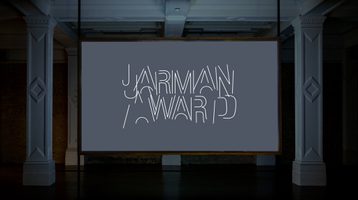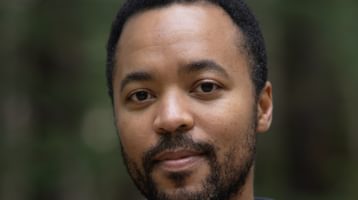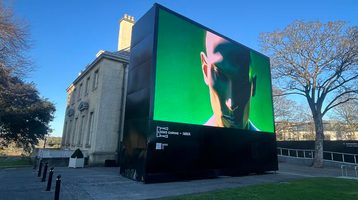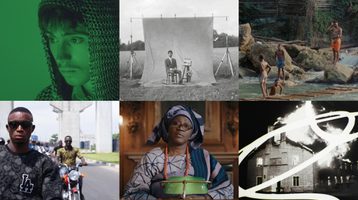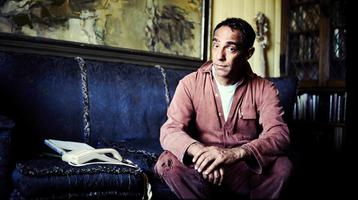Jarman Award 2025 tour
The Film London Jarman Award 2025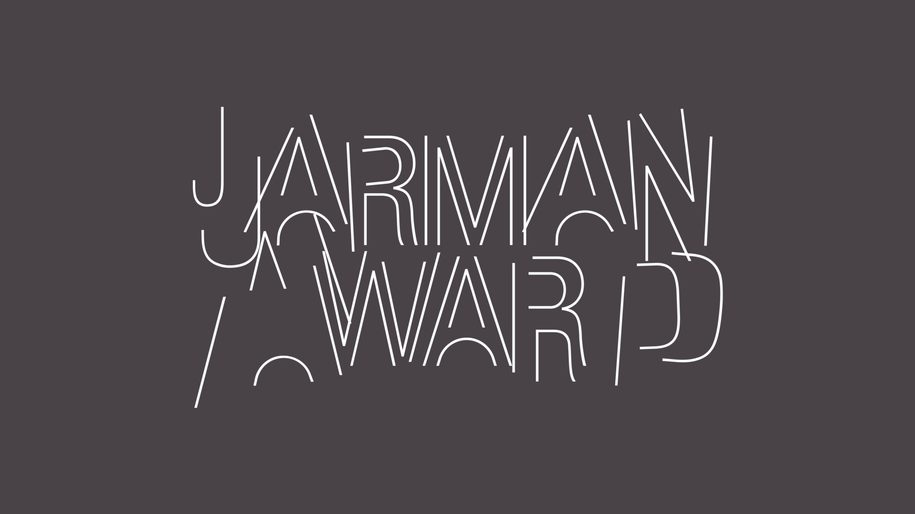
This year’s Film London Jarman Award tour will see the best in contemporary artists’ filmmaking taken to venues across the UK from 25 October – 14 December 2025. The tour will offer audiences the chance to explore an extraordinary range of boundary pushing work by the six artists shortlisted for the prestigious £10,000 prize.
The 2025 tour will visit venues across England, Wales, Scotland and Ireland, with screenings and artist talks at 7 major arts venues in Edinburgh, Dublin, Nottingham, Eastbourne, London, Gateshead, Cardiff and Bristol, accompanied by the opportunity to watch recent works by all the artists.
For the first time in the Film London Jarman Award’s eighteen-year history, the tour culminates in a month-long exhibition of films by all six shortlisted artists, from 18 November to 14 December at Whitechapel Gallery, London.
Onyeka Igwe and Morgan Quaintance were announced as joint recipients of the Jarman Award 2025. Following the announcement, their films are showing at Irish Museum of Modern Art (IMMA), Dublin, on their Living Canvas monumental digital outdoor art screen, from 27 November to 10 December.
Jarman Award 2025 tour events
Past events
Barbican Centre, London
Monday 10 November | Screening and in-conversation with George Finlay Ramsay
Films in the Jarman Award 2025 touring programme
- Arwa Aburawa and Turab Shah, I Carry It With Me Everywhere (2022), 19 mins
- Karimah Ashadu, Machine Boys (2024), 8 mins
- George Finlay Ramsay , Nursted, from the sleep side (2023), 13 mins
- Onyeka Igwe, The Miracle on George Green (2022), 12 mins
- Morgan Quaintance, Repetitions (2022), 24 mins
- Hope Pearl Strickland, a river holds a perfect memory (2024), 17 mins
Featuring work from the six artists shortlisted for the 2025 Film London Jarman Award, the tour will offer audiences the chance to explore an extraordinary range of boundary pushing work.
Informed by interviews with first-generation migrants living in London, Arwa Aburawa and Turab Shah’s I Carry It With Me Everywhere (2022) looks at the timeless search for home and belonging amongst an environment of displacement.
In Machine Boys (2024), Karimah Ashadu enters the underground community of motorbike taxi drivers, a forbidden practice in Lagos, and delivers a visceral portrait of masculinity and precarious labour in Nigeria’s patriarchal culture.
Elsewhere Onyeka Igwe’s archival collage film The Miracle on George Green (2022) presents a picture of the protests and collective resistance to the building of the M11 link road in Hackney, expanding out to consider global histories of protest.
Hope Pearl Strickland’s a river holds a perfect memory (2024) meanders gently across waterways in Jamaica, from a leisurely raft on the Martha Brae River to a night-time boat trip in Falmouth’s bioluminescent Lagoon. Shifting focus to the impact of industry on the waters of northern England, the film uses water to explore the entanglement of these supposedly disparate communities.
Morgan Quaintance’s Repetitions (2022) dissects formal elements of film in a heightened sequence of flickering images and sound loops which speak to social histories of industrial and physical labour.
Shot in a 16th Century manor house in the South Downs, George Finlay Ramsay’s 16mm film Nursted, from the sleep side (2023) takes us through the dark corridors and dusty shelves of the former home of two bohemian artists, reflecting on its history as it falls into disrepair and the fading memories of its inhabitants.

